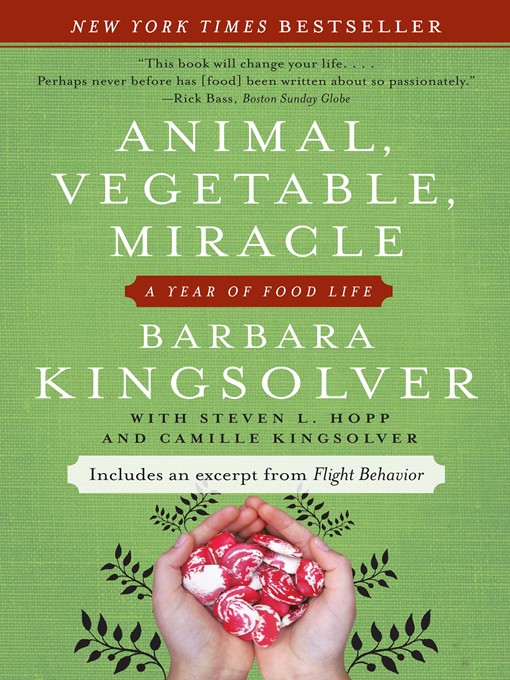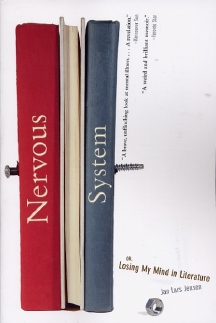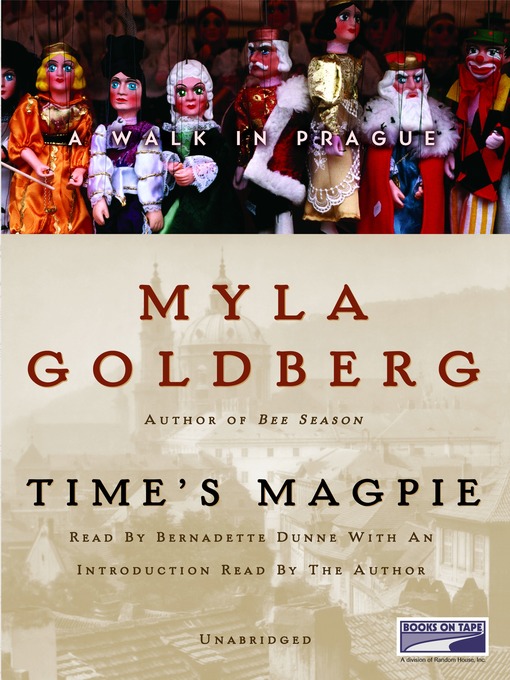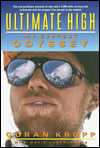 The Basics: Shakespeare: The World as Stage, Bill Bryson, 2007, 208 pages, hard cover
The Basics: Shakespeare: The World as Stage, Bill Bryson, 2007, 208 pages, hard coverHow I found it: This book was on a bunch of bestseller lists for a while. I'm not a huge Shakespeare fan, but I did study his works a whole bunch. As well, I've read most of Bryson's work and enjoyed it.
What's it about?: This is a biography of Shakespeare for the lay person, written in Bryson's joking style. The book exposes how little is actually know about Shakespeare's life, and at times is a bit more about life in London in Shakespeare's time than about the man himself. The book also briefly delves into the controversy surrounding whether or not Shakespeare actually wrote some or all of his works.
Did I like it?: I found this book to be a quick and easy read. I learned a lot about what we know and don't know about Shakespeare's life, and about the wild speculation a lot of scholars have engaged in over the years. However, I wasn't that into this book, despite how easy it was to read since I just didn't find the content that interesting. I did find Bryson's argument about what might and might not be true about Shakespeare's life to be quite convincing, however.
Will you like it?: I think this is a must read for casual fans of Shakespeare, especially if you don't know anything about the man behind the literature. However, if you're not into Shakespeare, perhaps you won't find this book that interesting.
But don't take my word for it: The usual product info and reader reviews from Amazon, a review from the UK's The Telegraph, a review from the blog ShakespeareGeek, another one from another blog (ricklibrarian), and finally one from the Times Online.


















